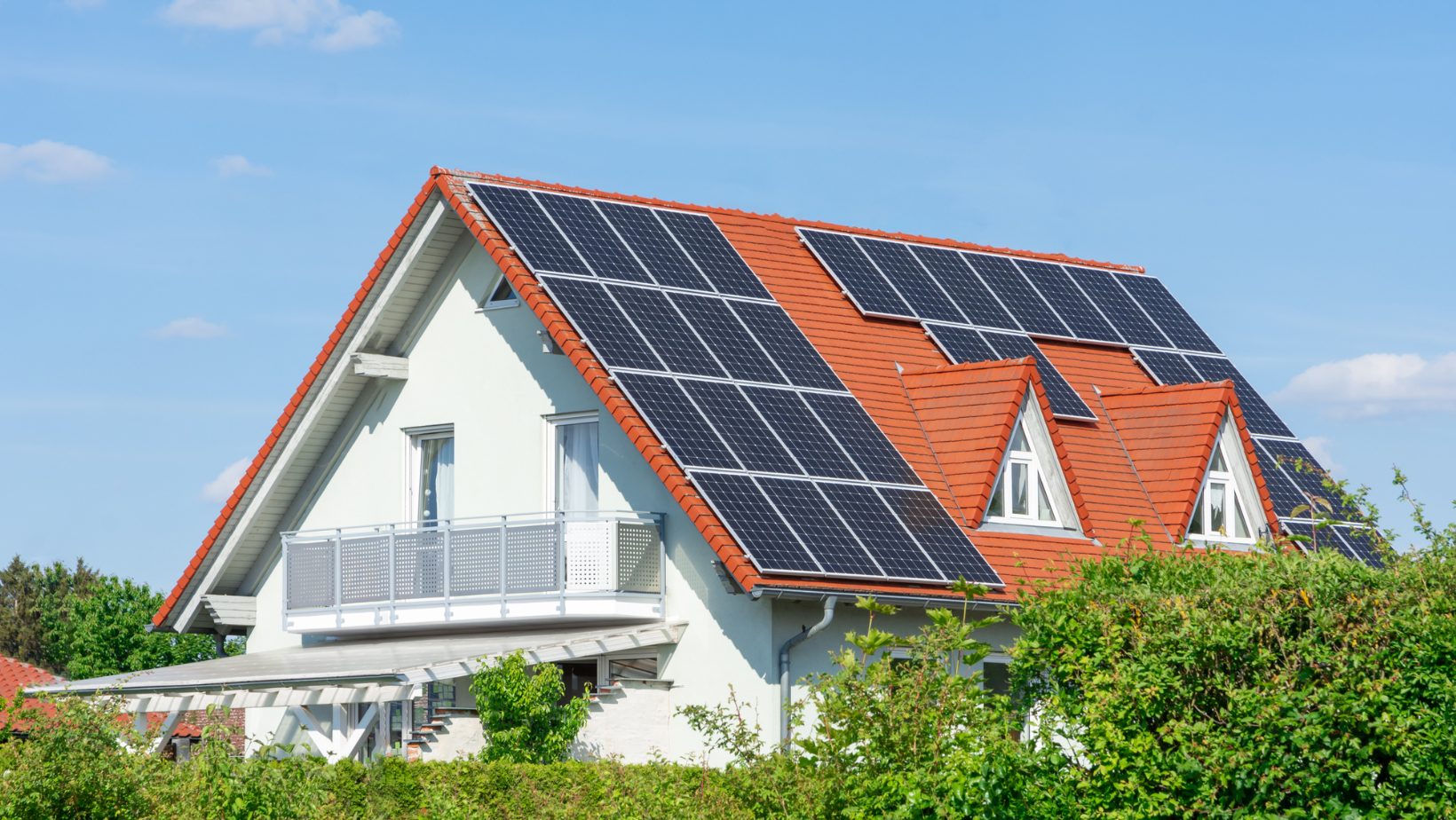In the rolling hills and lush landscapes of Kentucky, a quiet revolution in sustainable living is taking shape. As residents increasingly seek harmony with their environment, the Bluegrass State is becoming a beacon for those looking to reduce their carbon footprint while maintaining a high quality of life and earn discounts. From eco-friendly farming practices to innovative green building projects, Kentucky is proving that sustainability and tradition can indeed go hand in hand.
Kentucky Sustainable Living
 Kentucky sustainable living integrates traditional practices with innovative approaches to minimize environmental impact. Residents adopt renewable energy sources like solar and wind power, which prove vital for powering homes and businesses sustainably. Local food production sees a surge, with community gardens and farms reducing reliance on long-distance food transportation and its associated carbon emissions. Efficient resource use is evident in water conservation measures and the recycling of materials across the state. These practices not only preserve the environment but also foster a sense of community and self-sufficiency among Kentuckians. This transition to sustainable living enhances the quality of life while promoting ecological balance.
Kentucky sustainable living integrates traditional practices with innovative approaches to minimize environmental impact. Residents adopt renewable energy sources like solar and wind power, which prove vital for powering homes and businesses sustainably. Local food production sees a surge, with community gardens and farms reducing reliance on long-distance food transportation and its associated carbon emissions. Efficient resource use is evident in water conservation measures and the recycling of materials across the state. These practices not only preserve the environment but also foster a sense of community and self-sufficiency among Kentuckians. This transition to sustainable living enhances the quality of life while promoting ecological balance.
Components of Sustainable Living in Kentucky
Sustainability in Kentucky encompasses various components, each vital for fostering an environmentally friendly and resilient lifestyle. Residents employ specific strategies to ensure their daily activities support a sustainable future.
Renewable Energy Adoption
Kentuckians embrace solar and wind energy, reducing dependence on non-renewable resources. This shift supports local power generation and decreases overall carbon emissions, contributing significantly to environmental health.
Local Food Production
Community gardens and small farms proliferate across Kentucky, promoting local food production. This practice not only reduces the carbon footprint associated with transportation but also enhances food security and freshness.
Efficient Resource Use
 Water conservation and recycling are pivotal in Kentucky’s sustainability efforts. Households and businesses alike implement systems to minimize waste and maximize resource efficiency, preserving natural reserves for future needs.
Water conservation and recycling are pivotal in Kentucky’s sustainability efforts. Households and businesses alike implement systems to minimize waste and maximize resource efficiency, preserving natural reserves for future needs.
These practices, embedded within the state’s culture, illustrate Kentucky’s commitment to sustainable living, blending tradition with innovative approaches to protect the environment and improve quality of life.
Benefits of Adopting a Sustainable Lifestyle
Adopting a sustainable lifestyle in Kentucky carries several benefits, enhancing both environmental health and personal well-being. Its positive impact on the community is undeniable, and those living sustainably experience a myriad of advantages.
First, individuals reduce their ecological footprint, thus minimizing their impact on the planet. This shift leads to lower greenhouse gas emissions and less strain on natural resources. Families save money through efficient use of energy and water, benefiting from reduced utility bills. Moreover, healthier lifestyle choices are promoted by consuming locally-produced and organic foods, which also support the local economy. Additionally, using sustainable transportation options such as biking, walking, or carpooling not only decreases pollution but also improves physical health.
Challenges in Implementing Sustainable Practices
 Implementing sustainable practices in Kentucky faces several key challenges. First, the initial costs of adopting technologies such as solar panels and energy-efficient appliances can be high. Although these investments save money over time, the upfront expense may deter individuals and small businesses from making the switch. Additionally, the availability of resources poses a significant hurdle. Rural areas, despite their potential for renewable energy production, often lack the infrastructure needed to support such initiatives.
Implementing sustainable practices in Kentucky faces several key challenges. First, the initial costs of adopting technologies such as solar panels and energy-efficient appliances can be high. Although these investments save money over time, the upfront expense may deter individuals and small businesses from making the switch. Additionally, the availability of resources poses a significant hurdle. Rural areas, despite their potential for renewable energy production, often lack the infrastructure needed to support such initiatives.
Another major challenge is the resistance to change. Some residents hold strong to traditional ways of living and may view new sustainable practices as unfamiliar or disruptive. Lastly, regulatory barriers can impede progress. Local zoning laws and regulations sometimes limit the use of renewable energy sources and hinder the development of green buildings. These challenges require strategic solutions and community engagement to ensure the successful implementation of sustainable practices across the state.
Real-World Examples of Sustainable Living in Kentucky
Kentucky’s journey toward sustainable living serves as a beacon for both the state and the broader region. As residents continue to adopt and innovate eco-friendly solutions, they’re setting a standard for others to follow. The progress made in areas like renewable energy and sustainable farming highlights a commitment to preserving both tradition and the environment. By tackling challenges head-on and fostering community involvement, Kentucky is not just adapting to new ways of living but is also leading by example.

